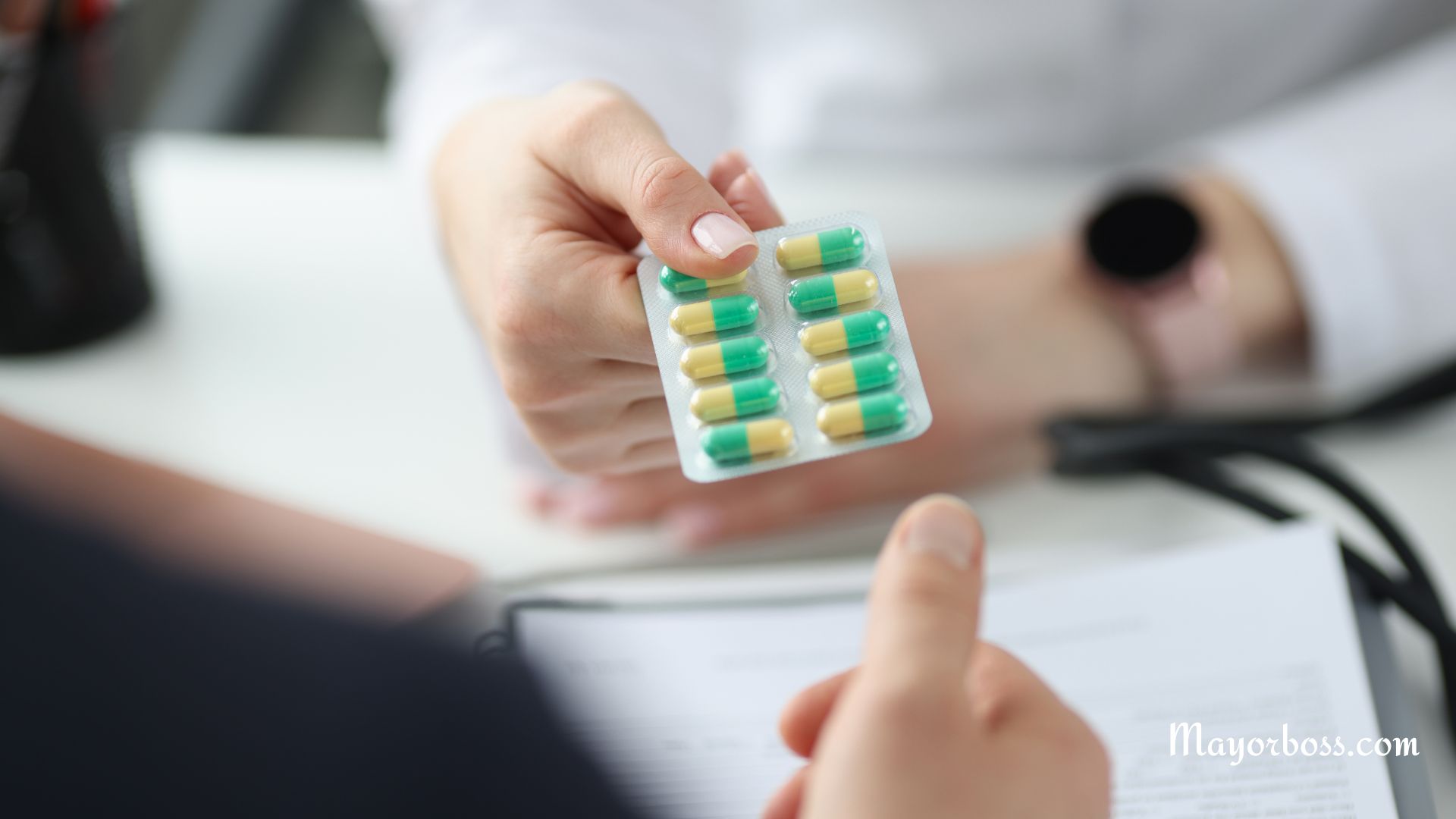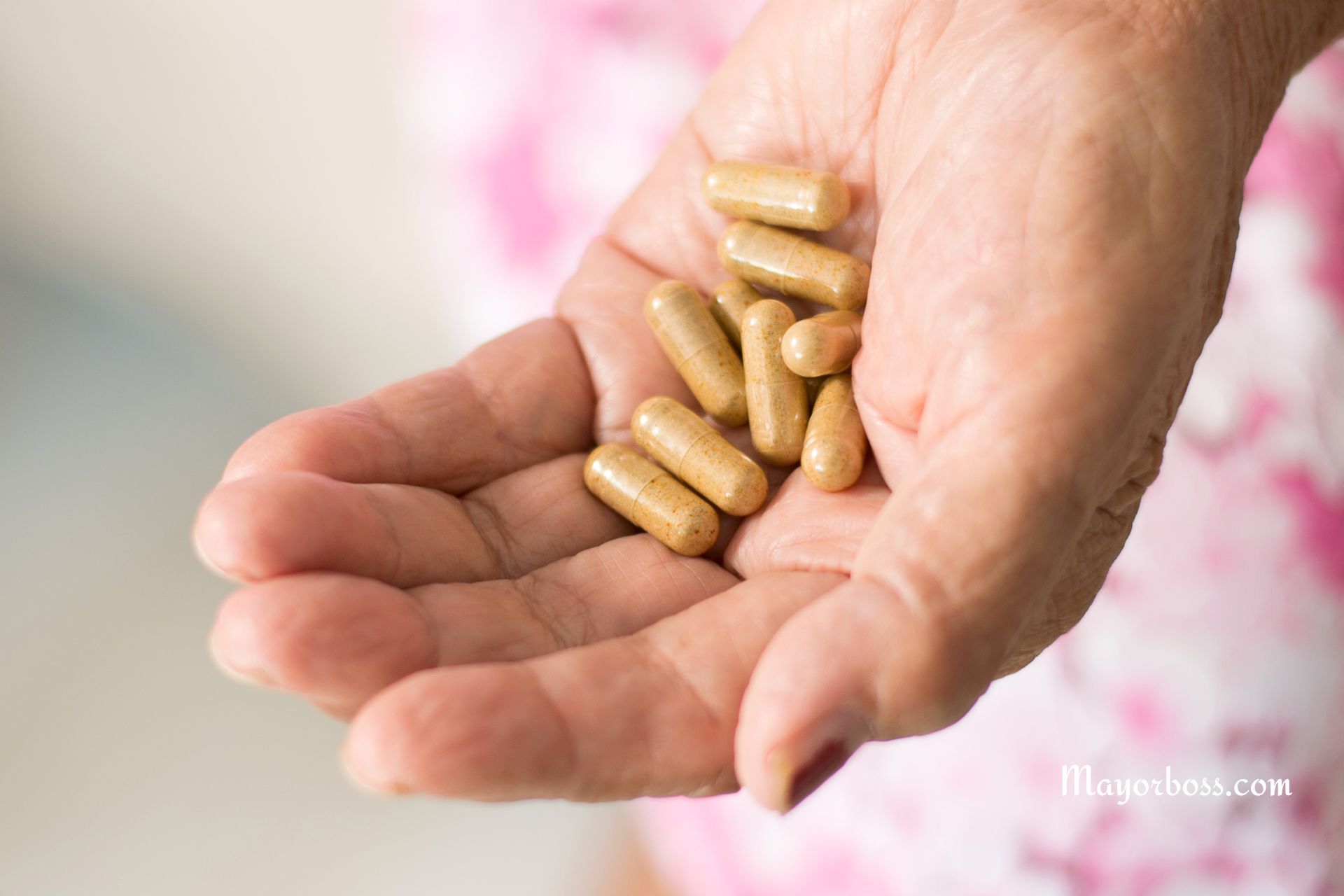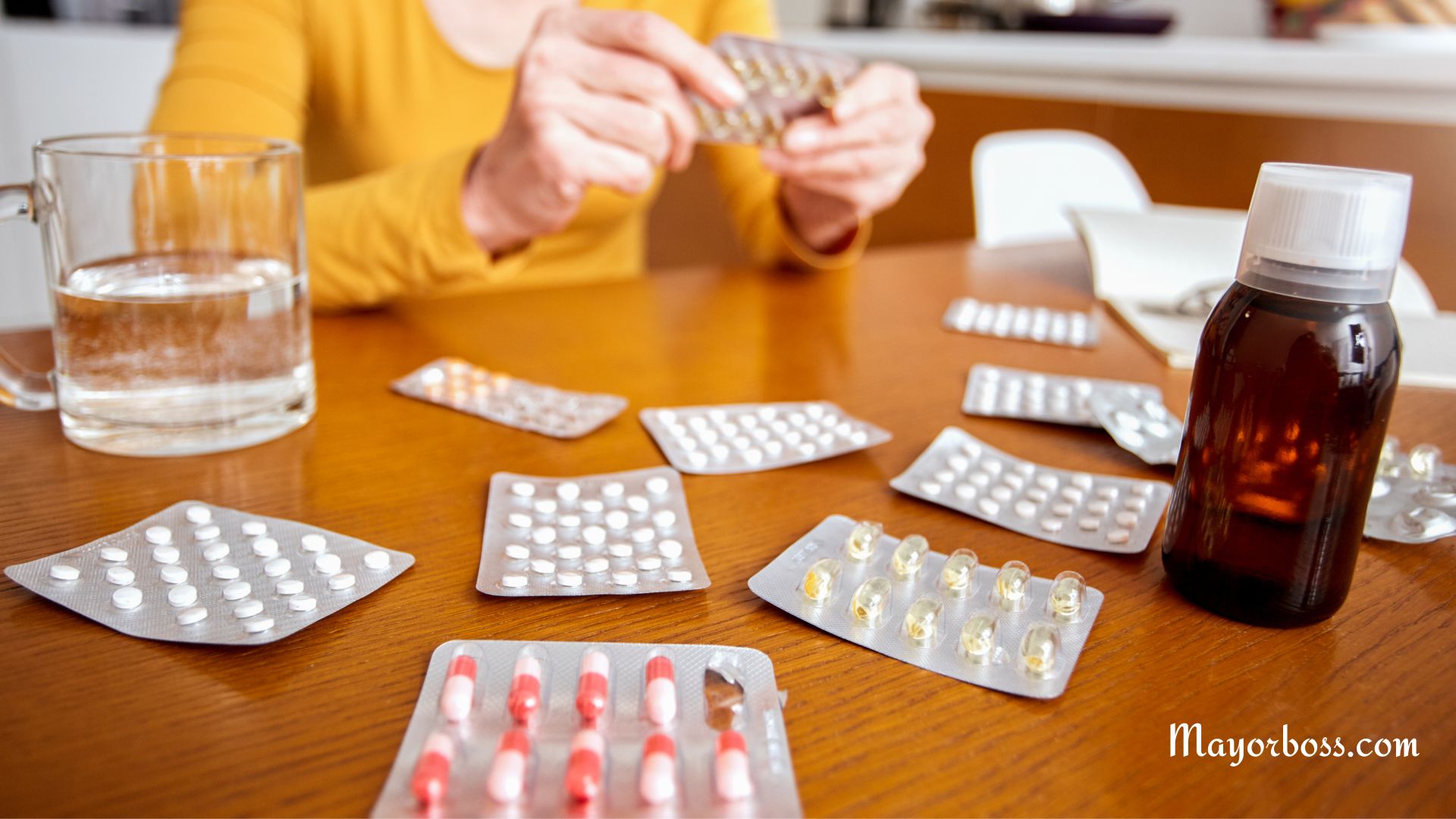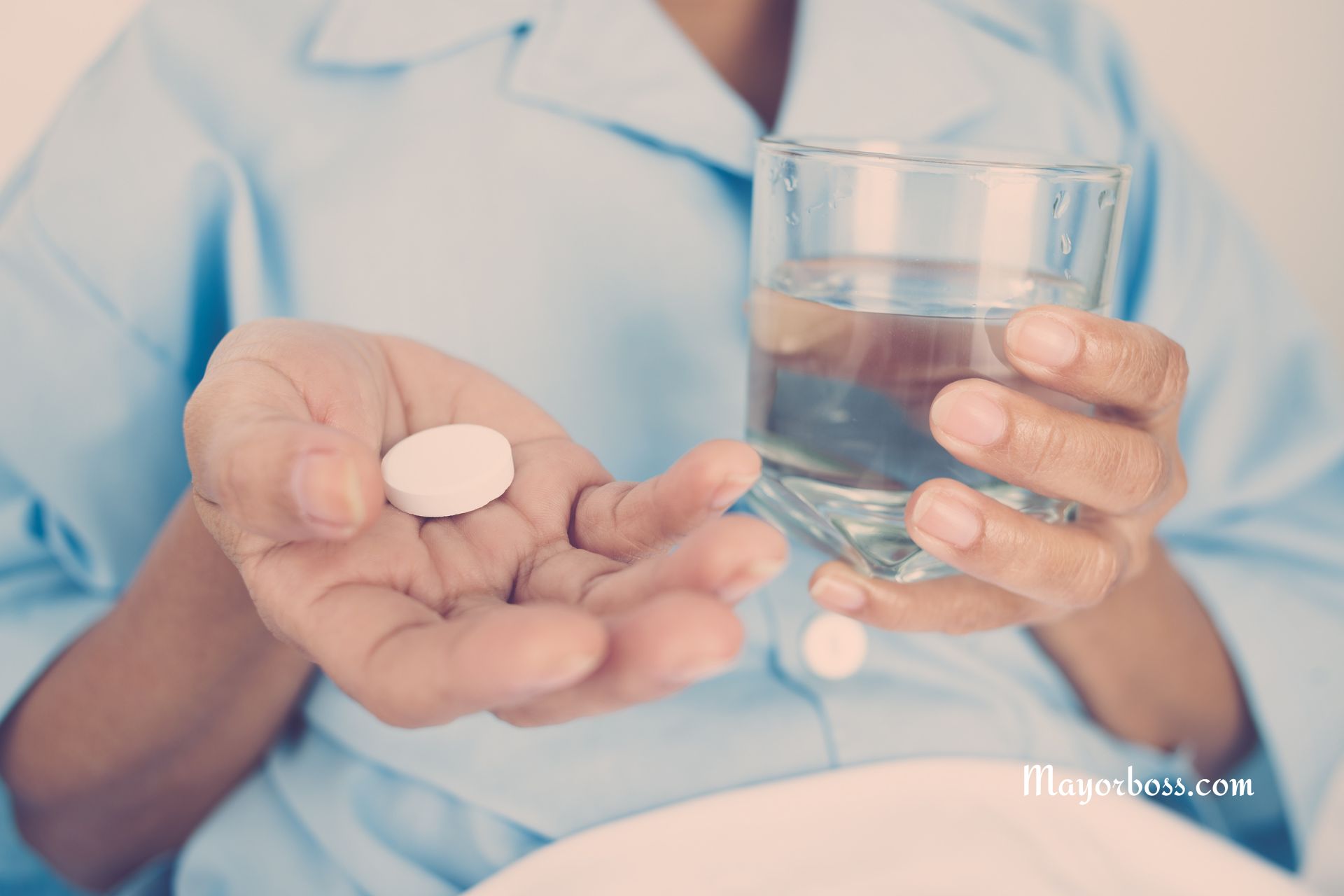Is it Bad for You to Take Pepto-Bismol Every Day?
When you’re dealing with an upset stomach, Pepto-Bismol often comes to mind as a quick and effective remedy. But have you ever wondered if it’s safe to take this go-to solution every day? Understanding the implications of daily use of Pepto-Bismol is essential for your health and well-being. This article explains this topic, considering both anecdotal experiences and scientific evidence.

Understanding Pepto-Bismol: What Is It?
Pepto-Bismol, known for its distinct pink color, is a popular over-the-counter medication used to treat occasional digestive issues like diarrhea, heartburn, nausea, and indigestion. Its active ingredient, bismuth subsalicylate, works by coating the stomach lining, reducing inflammation, and balancing the way fluid moves through your intestines.
Potential Risks of Pepto-Bismol Daily Use
1. Rebound Effects
Have you ever noticed that sometimes, when you stop using a remedy, the original symptoms come back even stronger? This is known as a rebound effect. Continuous use of Pepto-Bismol might initially soothe your stomach, but over time, it could potentially lead to a rebound in symptoms like heartburn or indigestion once you stop taking it.
2. Masking Underlying Conditions
Imagine you have a leak in your roof, but instead of fixing it, you just keep placing a bucket under the drip. That’s kind of what happens when you use Pepto-Bismol daily. It might be masking a more serious underlying health issue, like an ulcer or chronic gastrointestinal disorder, delaying the proper diagnosis and treatment.
3. Side Effects
Regular intake of Pepto-Bismol can lead to side effects. While most are mild, such as darkened stools or a black tongue (which can be surprising if you’re not expecting it!), there are rare, more serious side effects. These include allergic reactions, changes in blood sugar, and, in extreme cases, toxicity from the salicylate component, especially if you’re sensitive to aspirin.
A Word on Salicylate Sensitivity
If you’re sensitive to aspirin, you might react similarly to bismuth subsalicylate. This sensitivity can manifest as hives, breathing difficulties, or other allergic symptoms. It’s crucial to be aware of how your body responds to aspirin before making Pepto-Bismol a regular part of your regimen.
Alternatives to Daily Use
Instead of reaching for the pink bottle every day, consider these options:
- Diet Adjustments: Sometimes, simple changes in your diet can alleviate digestive issues. Avoiding spicy foods, reducing caffeine intake, or eating smaller, more frequent meals can help.
- Lifestyle Changes: Stress management techniques, regular exercise, and avoiding smoking and excessive alcohol can positively impact your digestive health.
- Probiotics: These beneficial bacteria can promote a healthy gut, potentially reducing the need for medications like Pepto-Bismol.
- Consult a Doctor: If you find yourself needing Pepto-Bismol regularly, it’s a sign to consult a healthcare professional. They can diagnose any underlying conditions and suggest appropriate treatments.
Frequently Asked Questions
Can I build a tolerance to Pepto-Bismol?
There’s no clear evidence suggesting tolerance development with Pepto-Bismol. However, if it becomes less effective over time, it could indicate an evolving digestive issue that needs medical evaluation.
Are there natural alternatives to Pepto-Bismol?
Certainly! Depending on the cause of your discomfort, natural remedies like ginger, peppermint tea, or probiotics might offer relief without the need for over-the-counter medication.
How long is it safe to take Pepto-Bismol?
Generally, it’s recommended for short-term use only – typically not exceeding two days for treating diarrhea or as directed by your healthcare provider for other symptoms.
Conclusion
In summary, while Pepto-Bismol is effective for occasional digestive discomfort, it’s not advisable for everyday use. Continual use could mask underlying conditions, lead to rebound symptoms, or cause unwanted side effects. Emphasizing lifestyle and dietary adjustments, along with professional medical advice, is a more sustainable approach to managing digestive health. It is important that you know your body best. If something feels off, don’t hesitate to seek medical advice.






